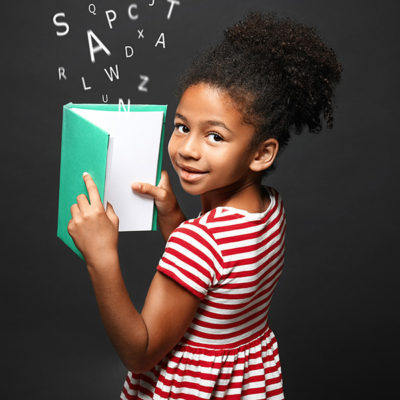Speech Therapy for Children & Adolescents
Speech and Language Disorders that I treat:

- Aphasia
- Apraxia
- Articulation
- Delayed Language Development
- Developmental Verbal Dyspraxia
- Dysarthria
- Dyslexia
- Selective Mutism
- Social Pragmatic Skills
- Stuttering
- Childhood Voice Disorders
Some of the speech language skills I may work with your child on:
Articulation: Clarifying speech sounds to improve intelligibility.
Receptive Language: Understanding the person speaking to you, adult, teacher or peer including following directions, understanding between the lines of communication (inferencing), facial expressions and body language,
Expressive Language: This includes expressing ideas in a way that is syntactically correct; correct word order and verb tenses; having the vocabulary to express your thoughts, or to say how you feel; being able to tell a story – your own personal experiences to others in a way that makes sense to the listener.
Reading Comprehension: Often it is difficult for children to comprehend inferences in reading, to read between the lines; associate what they are reading with what they already know and make reasonable assumptions; to comprehend the main idea. Treating children with Dyslexia is a part of this skill set.
Writing: Writing is directly related to expressive language skills and whatever one speaks, one will write. Often compensatory strategies can help a child tremendously learn to love writing.
Selective Mutism: Selective Mutism effects more of the population than is realized. Children often work with a skilled speech language pathologist in tandem with a psychologist in helping your child achieve successful communication. I love helping children with this issue reach their potential, and resolve their anxiety with communication.
Social Pragmatic Skills: The importance of communication with others, the connection we have to each other, is why I became a speech therapist. I believe that social skills are perhaps the most important skills for a child to have as they mature and develop into a happy person. I work with children and adolescents individually for social skills in addition to holding small social skills groups from two to four children to teenagers.
Fluency: Fluency is the continuity, smoothness, rate and effort of speech production. Stuttering is an interruption in the flow of speaking characterized by sound, part/whole repetitions, blocks and interjections which may affect the rate and rhythm of speech.
Patricia has been working with our family since our son was diagnosed with a speech disability at 21 months. I can’t describe how much Patricia and her work have meant to us. Patricia helped our son learn to talk through play; she has always been aware and accommodating of his needs as well as our needs as a family. I am so grateful to Patricia for all she has helped our son learn to do and for the loving support she has provided our family throughout the process. Patricia is an expert in her field, but she is also a loving, generous, understanding provider. I don’t know how our family would have navigated this difficult time without Patricia to help us.”
J.E.
Social Skills Groups
I have run social skill groups for many years. A social skills groups is not a play-group though it will be fun! It’s a place your child can learn skills they are lacking, with myself as an adult who knows how to help them navigate conflicts, improve self-esteem, and connect to their peers.
Skills that are worked on in my social skills groups include:
- Conflict Resolution
- Learning to speak up and tell your teachers and peers how you feel.
- Speaking in front of a group and moderating questions.
- Staying on topic.
- Empathy for your peers and friends.
- Following directions in a group dynamic.
- Being kind.
